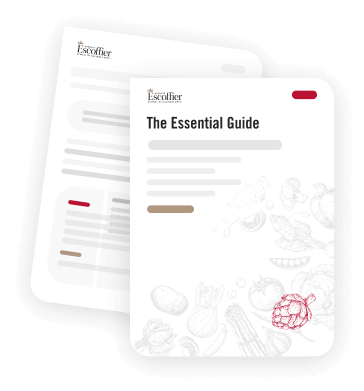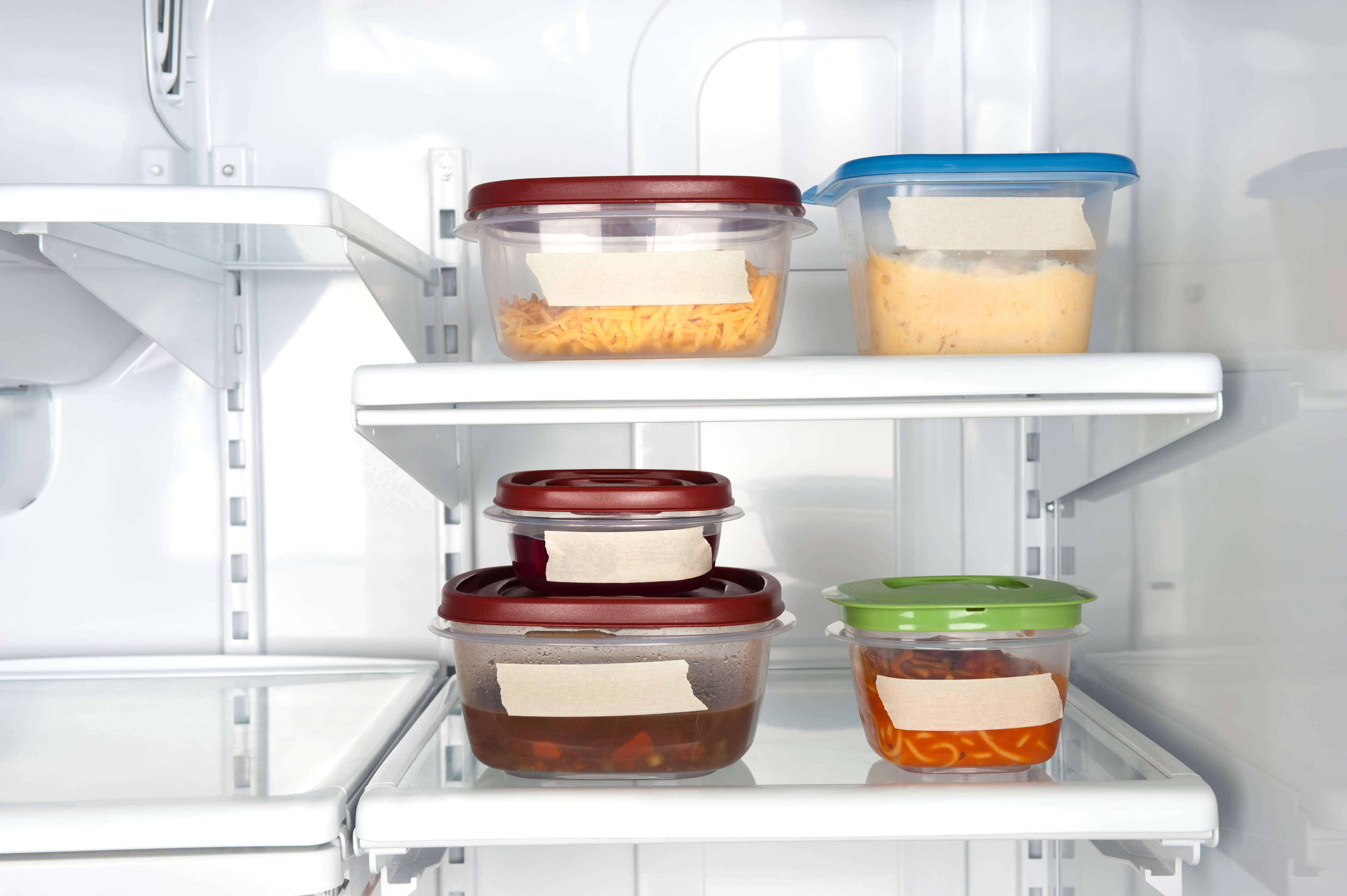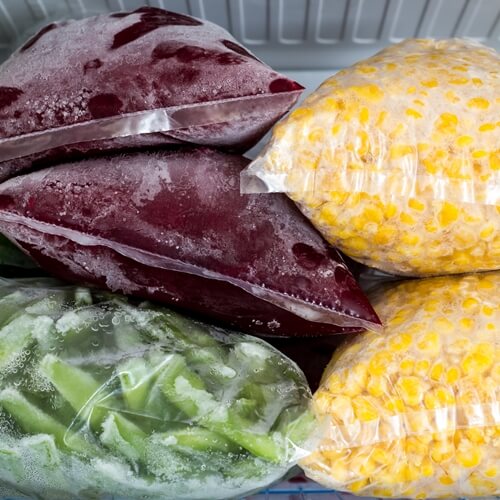Savor Your Summer Produce

As perfect and versatile as summer produce is, it can be a real bummer when you head to your neighborhood farmer’s market in at the end of August to see that the berries, green beans and corn that you had grown accustomed to enjoying all summer is no longer in season. Luckily, if you plan ahead, that doesn’t mean that you won’t be able to enjoy your fresh fruit and veggies four, five, even six months down the line. In fact, if you want to step it up a notch, you can even cook your meals in advance with this produce. Trust us, your future self will thank you.
Why food storage is useful
“Meal prep” is a word often used but rarely practiced. Everyone fancies the idea of not having to prepare a meal after a long day at work, but the effort that it takes ahead of time is enough to turn some people off from the idea. However, planning and preparing your meals in advance is the economically savvy way to go, and it also allows you provide meals that are much healthier than the processed alternative options.

Prepping your produce
If you want to solely prepare your produce to be ready to be cooked months down the line, here’s what you need to know about prepping to freeze some of the most popular summer harvests, according to The Kitchn:
- Lemons: If you want to preserve fresh lemon juice, juice your fruit and store it in individual small containers. This way, you can take out only what you need for a specific recipe. If you want to save your zest for baked goods, scrape off the peel the fruit before you freeze it, and store it in a small container.
- Stone fruits: Don’t try to preserve these whole. Slice them up and toss the pits, and put some sugar on them so they don’t get mushy. Seal the fruits tightly in a freezer bag.
- Berries: Many people are hesitant to freeze their berries because they tend to get stuck together in the frigid air. In order to avoid this fiasco, rinse and dry them, then lay them on a tray in the freezer, separated. Once they’re frozen, stick them in a container, and you’ll be able to take out and thaw just what you need.
- Corn: Blanch the ears of corn, cool and drain them, then cut the kernels off of the cob and seal the kernels with your a freezer bag.
Long-term food storage
It’s crucial that the meals you prepare ahead of time stay safe to eat. All it takes it one bacterium to taint an entire batch of food you spent so long preparing. Here are a few tips to store your food safely so you and your family can enjoy it for months to come:
- Many people meal prep while they prepare the night’s dinner by making extra food. If this is how you meal prep, portion out what you’re going to store before you serve dinner to avoid contamination.
- Allow your food to cool slightly at room temperature, and finish cooling in the refrigerator before you transfer it to the freezer.
- Arrange your meals in your freezer bags in thin, flat strips. This not only speeds freezing, but makes it easier to store more food in the freezer since you can stack it.
- Be sure to label your food with the date you packaged it so you can make sure they don’t sit in the freezer for too long. Freezing helps extend a food’s shelf life by months, but you don’t want to push it with meals you forgot about!



